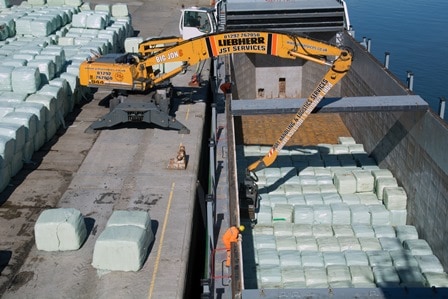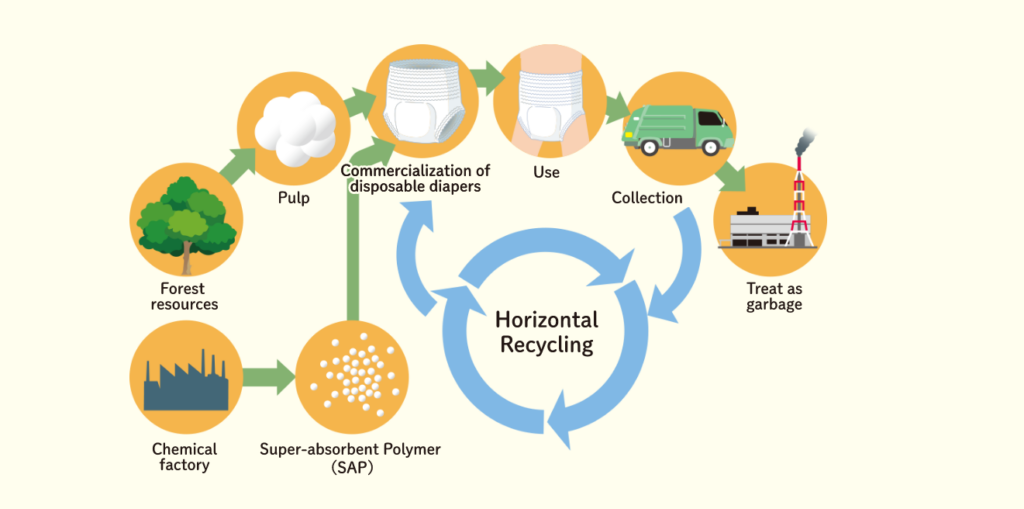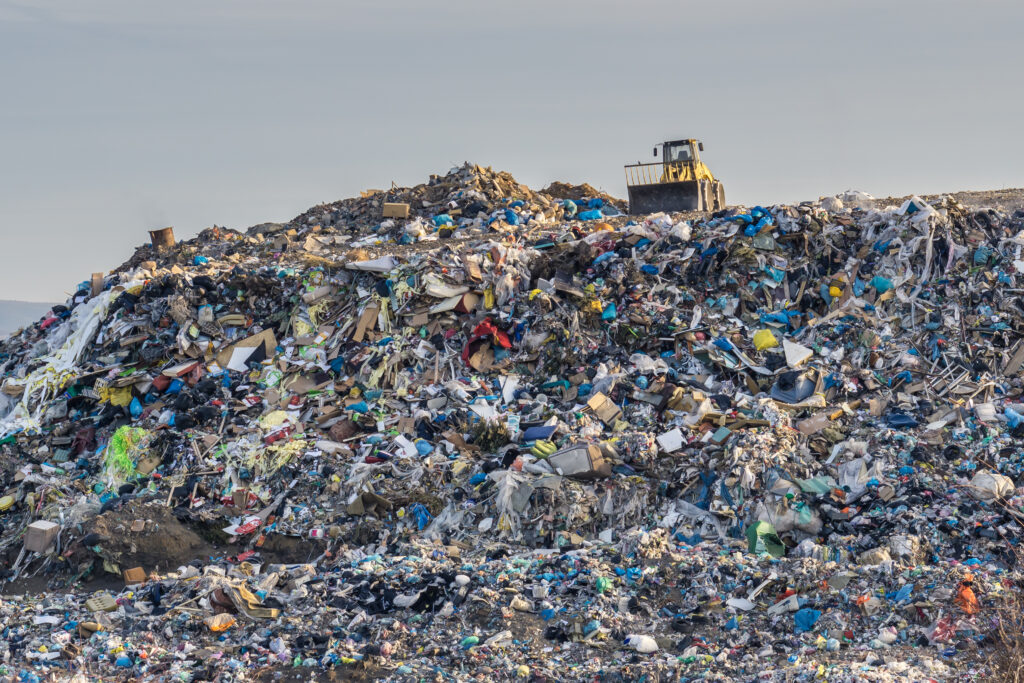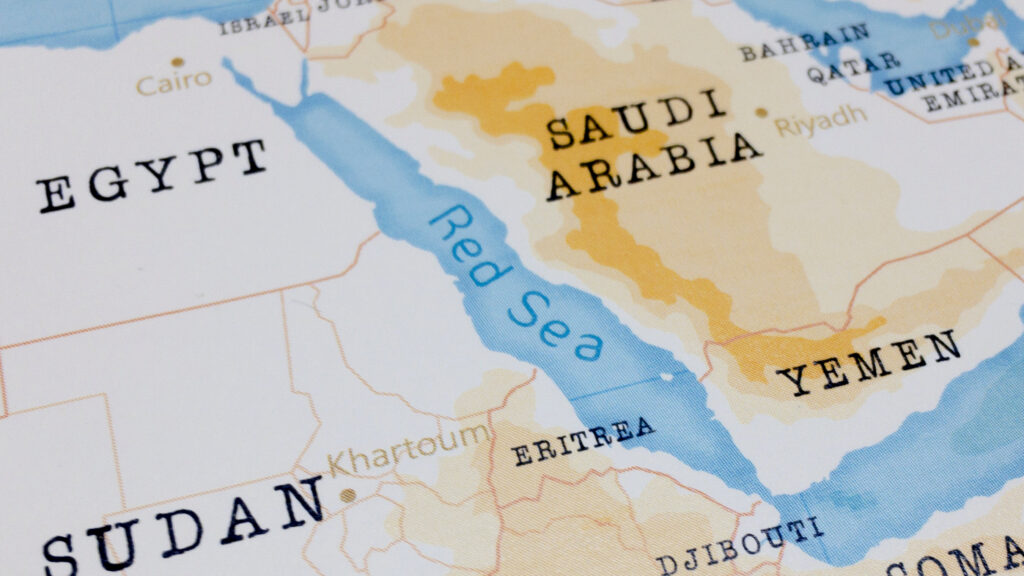Proposals for the tax have come to light this week (see letsrecycle.com story). The measure forms a part of the Dutch government’s Climate Agreement, aimed at reducing the country’s greenhouse gas emissions.

A tax is likely to add around €32 per tonne to the gate fees at the energy from waste plants in the Netherlands, many of which use RDF from the UK. It could come into effect as early as January 2020.
The Netherlands is the largest market for the material from the UK taking in more than one million tonnes a year and exporters have claimed that the proposal has the potential to wipe out the trade to Holland.
The Dutch government published its Climate Agreement setting out the measures it intends to put in place to respond to climate change last Friday. Alongside a possible tax on waste imports, other measures being considered include funding for heat networks, steps to speed up the introduction of electric vehicles and a tax on CO2 emissions.
The principles of the Climate Agreement were put before the parliament this week, and proposals will now be fleshed out in the form of legislation, which is expected to be finalised in the autumn, a Netherlands Government spokesman told letsrecycle.com.
Members of Parliament will have the opportunity to vote on the legislation when it is brought forward and some proposals could be amended or even dropped at this stage.
Lobbying
Opponents of the tax have already begun lobbying members of the Dutch parliament in a bid to derail the waste import tax.
This includes the Dutch Waste Management Association and the UK’s Environmental Services Association (ESA), both of whom have written to MPs, while the National Association of Waste Disposal Officers (NAWDO) has put forward the concerns of UK local authorities.
Primary objections relate to the likely increased costs of the measure on waste disposal authorities, as well as the potential for more waste to be landfilled if it is not economically viable to export for incineration. This could in turn lead to higher CO2 emissions, opponents have claimed.
“The introduction of an import tax risks more waste going to landfill in the UK each year, disregarding the waste hierarchy, worsening environmental impact, increasing costs and putting jobs at risk.”
The RDF Industry Group, which represents most of the largest exporters of RDF from the UK to Europe, has also suggested that the tax will be ‘counterproductive’ in its goal to reduce CO2 emissions.
Commenting on the proposal, Robert Corijn, the group’s chair, said: “RDF export forms a vital and flexible part of the UK’s waste management system, supporting over 6,800 additional jobs in the UK, and saving over 700,000 tonnes CO2 emissions annually. The Netherlands is the largest importer of UK waste, receiving 1.3 million tonnes of RDF from the UK in 2018, powering good quality, efficient treatment facilities, many of which utilise heat offtake as well as electricity.
“The introduction of an import tax risks more waste going to landfill in the UK each year, disregarding the waste hierarchy, worsening environmental impact, increasing costs and putting jobs at risk. Furthermore, given the large proportion of waste to Dutch incinerators that comes from the UK, there is also a risk of plant closures, and job losses in the Netherlands.”









Isn’t it about time we started taking responsibility for our own wastes right through to their final resting place?
I really don’t understand why we think that it is acceptable to ship our problems around the globe, when we are one of the most developed countries in the world.
Surely it would be better for us to process our wastes as close to where they are produced and avoid unnecessary transportation?
Most of this RDF is used to produce energy and electricity and these are things that we are short of in the UK. We would be better off processing these materials here in an environmentally responsible way and benefiting from the energy produced.
Localised waste to energy solutions could heat and power homes and industry if we took the bull by the horns and started to take responsibility for our RDF, then we wouldn’t care what taxes other countries imposed.